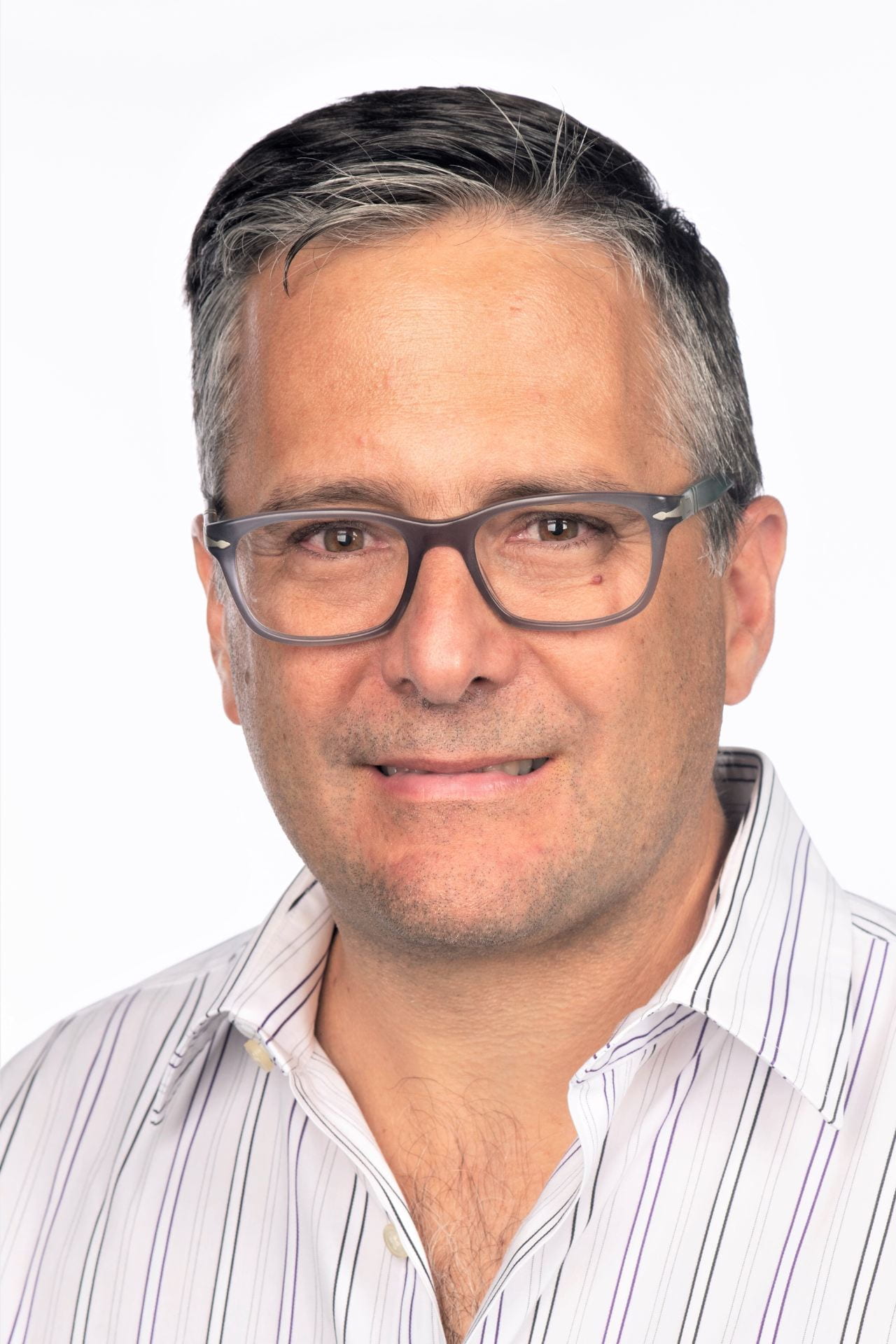Facundo M. Fernández, Georgia Institute of Technology
 Prof. Facundo M. Fernández was born in Buenos Aires, Argentina. He received his MSc in Chemistry from the College of Exact and Natural Sciences, Buenos Aires University in 1995 and his PhD in Analytical Chemistry from the same University, in 1999. In August 2000, he joined the research group of Prof. Richard N. Zare in the Department of Chemistry at Stanford University. His work focused on several aspects of Hadamard transform time-of-flight mass spectrometry with an emphasis on coupling this technique to capillary-format separation methods. In 2002, he joined the group of Prof. Vicki Wysocki in the Department of Chemistry at the University of Arizona, to develop novel tandem mass spectrometers for gas-phase peptide ion studies. In 2004 he joined the School of Chemistry and Biochemistry at the Georgia Institute of Technology where he currently holds the position of Vasser-Woolley endowed Professor in Bioanalytical Chemistry and Associate Chair. He is the author of over 180 peer-reviewed publications and numerous invited presentations at international conferences. He has received several awards, including the NSF CAREER award, the CETL/BP Teaching award, the Ron A. Hites best paper award from the American Society for Mass Spectrometry, and the Beynon award from Rapid Communications in Mass Spectrometry, among others. He serves on the editorial board of the Journal of the American Society for Mass Spectrometry (JASMS) and The Analyst, and in 2020 he started serving as an Associate editor for JASMS. His current research interests include the field of metabolomics and the development of new ionization methods and ion mobility tools for probing composition and structure in complex molecular mixtures. Profile,
Prof. Facundo M. Fernández was born in Buenos Aires, Argentina. He received his MSc in Chemistry from the College of Exact and Natural Sciences, Buenos Aires University in 1995 and his PhD in Analytical Chemistry from the same University, in 1999. In August 2000, he joined the research group of Prof. Richard N. Zare in the Department of Chemistry at Stanford University. His work focused on several aspects of Hadamard transform time-of-flight mass spectrometry with an emphasis on coupling this technique to capillary-format separation methods. In 2002, he joined the group of Prof. Vicki Wysocki in the Department of Chemistry at the University of Arizona, to develop novel tandem mass spectrometers for gas-phase peptide ion studies. In 2004 he joined the School of Chemistry and Biochemistry at the Georgia Institute of Technology where he currently holds the position of Vasser-Woolley endowed Professor in Bioanalytical Chemistry and Associate Chair. He is the author of over 180 peer-reviewed publications and numerous invited presentations at international conferences. He has received several awards, including the NSF CAREER award, the CETL/BP Teaching award, the Ron A. Hites best paper award from the American Society for Mass Spectrometry, and the Beynon award from Rapid Communications in Mass Spectrometry, among others. He serves on the editorial board of the Journal of the American Society for Mass Spectrometry (JASMS) and The Analyst, and in 2020 he started serving as an Associate editor for JASMS. His current research interests include the field of metabolomics and the development of new ionization methods and ion mobility tools for probing composition and structure in complex molecular mixtures. Profile,
Lan Huang, University of California, Irvine
 Dr. Lan Huang is Professor of Physiology & Biophysics in School of Medicine, University of California, Irvine. Her research focuses on developing novel, integrated mass spectrometry-based proteomic strategies to characterize dynamic proteomes of macromolecular protein complexes and understand their functions, particularly those in the ubiquitin-proteasome system. Through the years, the Huang lab has developed various novel methodologies to capture, purify and quantify protein-protein interactions of protein complexes in living cells. In addition, her lab has developed a series of sulfoxide-containing MS-cleavable cross-linkers (e.g. DSSO) to enable fast and accurate identification of cross-linked peptides. These XL-MS strategies have been successfully employed to determine protein interaction networks and derive structural topologies of protein complexes in vitro and in vivo at the systems-level. She currently serves on multiple committees for several professional societies including ASMS, US HUPO and CASMS organizations, and has served as co-chairs for many international conferences. She has been an Editorial Board member of Molecular & Cellular Proteomics since 2007 and an Associate Editor of FASEB BioAdvances since 2019. Profile
Dr. Lan Huang is Professor of Physiology & Biophysics in School of Medicine, University of California, Irvine. Her research focuses on developing novel, integrated mass spectrometry-based proteomic strategies to characterize dynamic proteomes of macromolecular protein complexes and understand their functions, particularly those in the ubiquitin-proteasome system. Through the years, the Huang lab has developed various novel methodologies to capture, purify and quantify protein-protein interactions of protein complexes in living cells. In addition, her lab has developed a series of sulfoxide-containing MS-cleavable cross-linkers (e.g. DSSO) to enable fast and accurate identification of cross-linked peptides. These XL-MS strategies have been successfully employed to determine protein interaction networks and derive structural topologies of protein complexes in vitro and in vivo at the systems-level. She currently serves on multiple committees for several professional societies including ASMS, US HUPO and CASMS organizations, and has served as co-chairs for many international conferences. She has been an Editorial Board member of Molecular & Cellular Proteomics since 2007 and an Associate Editor of FASEB BioAdvances since 2019. Profile